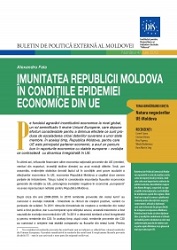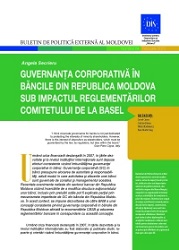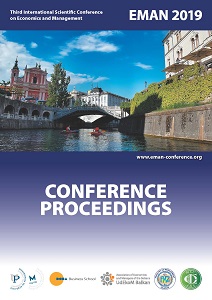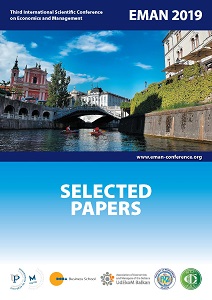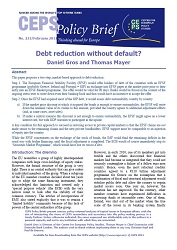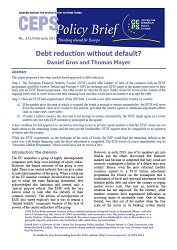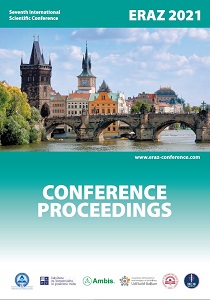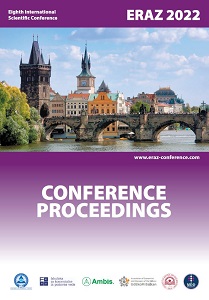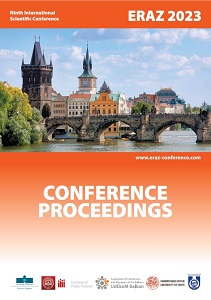Author(s): Rui Dias,Paula Heliodoro,Hortense Santos,Ana Rita Farinha,Marcia R.C. Santos,Paulo Alexandre / Language(s): English
Publication Year: 0
This paper aims to test efficiency, in its weak form, in the capital markets of the Netherlands (AEX), Belgium (BEL 20), France (CAC 40), Ireland (ISEQ 20), Norway (OSEBX), Portugal (PSI 20), in the period from April 4, 2019 to April 1, 2021. The sample was partitioned into two subperiods, the first and second wave of the global pandemic: April 4, 2019 to April 30, 2020; May 4, 2020 to April 1, 2021. To carry out this analysis, different approaches were undertaken to analyze whether: (i) Euronext’s stock markets have more significant long memories in the first or second wave of the global pandemic? The results show the presence of sharp long memories during the first wave of the global pandemic, particularly in the stock indices OSEBX (0.67), PSI 20 (0.67), AEX (0.66), BEL 20 (0.64), CAC 40 (0.62), ISEQ 20 (0.61), which implies that the yields are autocorrelated in time and, there is a reversal of the average, in all indexes. Regarding the second wave of the global pandemic, we found that most Euronext stock markets don’t reject the random walk hypothesis, with the exception of the Norwegian (0.56) and Portugal (0.55) stock markets. These findings show that the impact of the Covid-19 pandemic was accentuated during the first wave, but from May 2020 the markets adjusted and showed balance. The authors believe that the results achieved will be a benefit to international investors seeking efficient diversification into their portfolios.
More...
